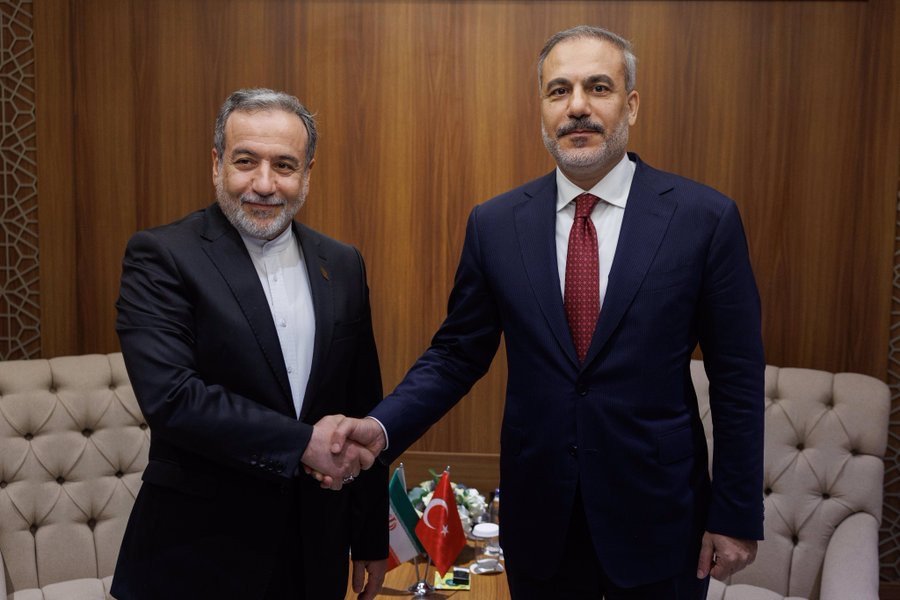Thailand and Sweden have taken a major step forward in strengthening bilateral cooperation, signing landmark agreements that span both sustainable development and defence innovation.
Foreign Minister Maris Sangiampongsa met with Candela Technology AB to explore collaboration on clean water transport as part of Thailand’s green transition and sustainable tourism. During the visit, he also experienced the world’s first electric hydrofoil ferry, underscoring Bangkok’s commitment to adopting advanced clean technologies.
In parallel, the Foreign Minister met with Saab AB to discuss technology transfer, joint research, and deeper collaboration in strengthening Thailand’s defence industry supply chain. Both sides emphasized the importance of long-term innovation, cybersecurity, and building local capacity through skills development.
A historic milestone was marked when FM Maris, alongside Sweden’s Defence Minister Pål Jonson, witnessed the signing of the first-phase procurement contract for Gripen E/F fighter aircraft and the Offset Policy Agreement. The Commander of the Royal Thai Air Force signed on behalf of Thailand, formally launching a new chapter in bilateral defence relations.
According to Reuters, Sweden has agreed to sell four Gripen fighter jets, three Gripen E and one Gripen F, produced by Saab to Thailand in a deal worth about 5.3 billion Swedish crowns ($556 million). Deliveries will take place between 2025 and 2030, and the package includes equipment, training, and support. Sweden’s Defence Materiel Administration (FMV) said the deal “strengthens the long-term development opportunities for Swedish warplanes.” Saab’s shares rose by 3% in Stockholm following the announcement.
Thailand already operates one squadron of Gripen C/D fighters, and the latest procurement marks a significant upgrade of its air force capabilities.
With this blend of green innovation and high-tech defence cooperation, observers note that Thailand–Sweden relations are entering a new era, balancing sustainability with security while reinforcing mutual trust built over decades of diplomatic and economic engagement


